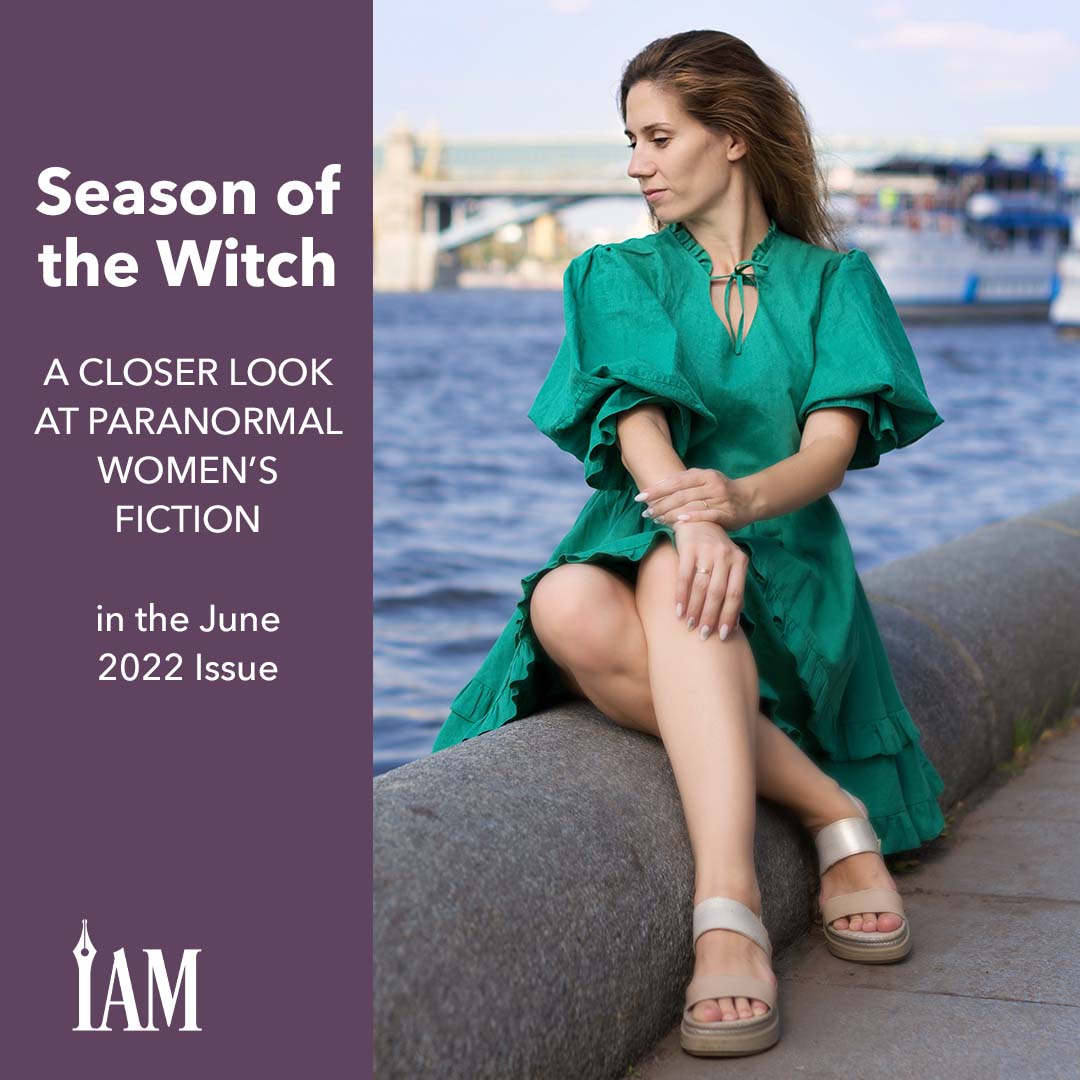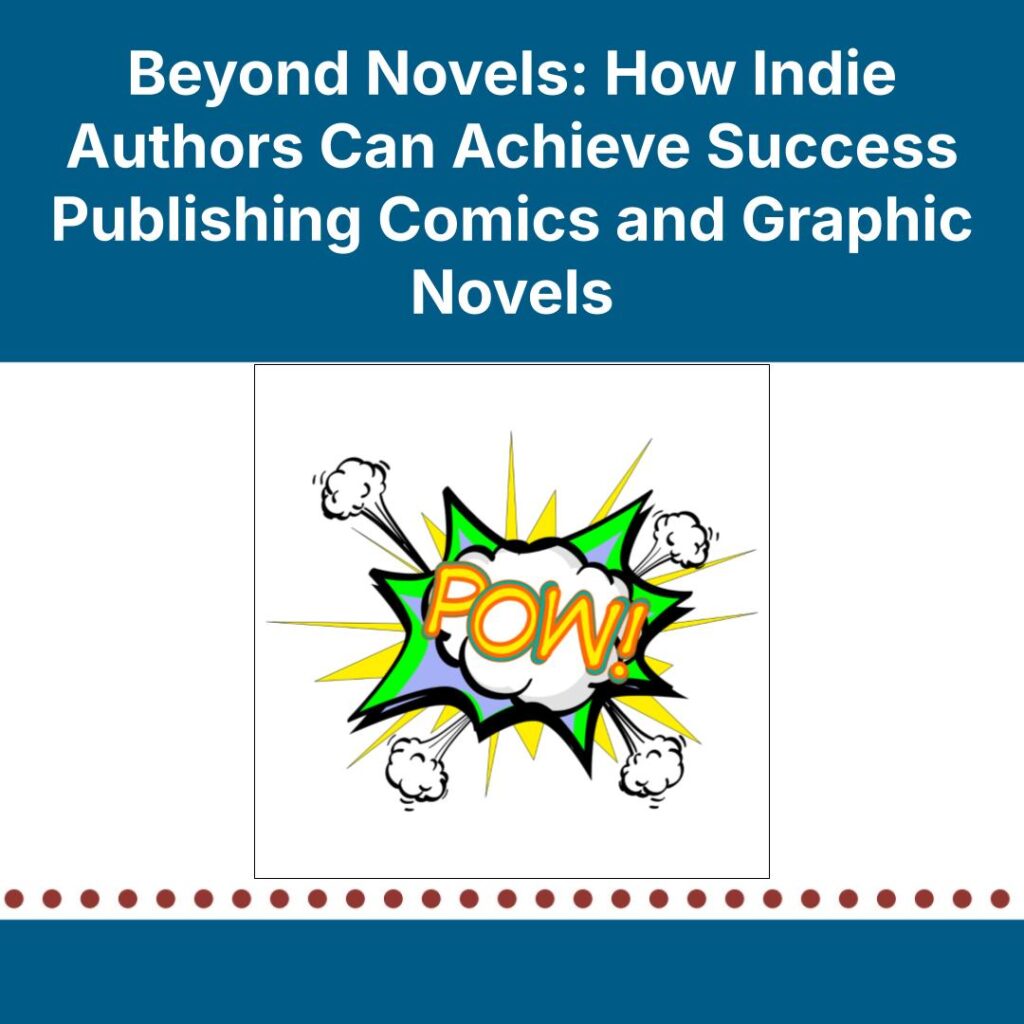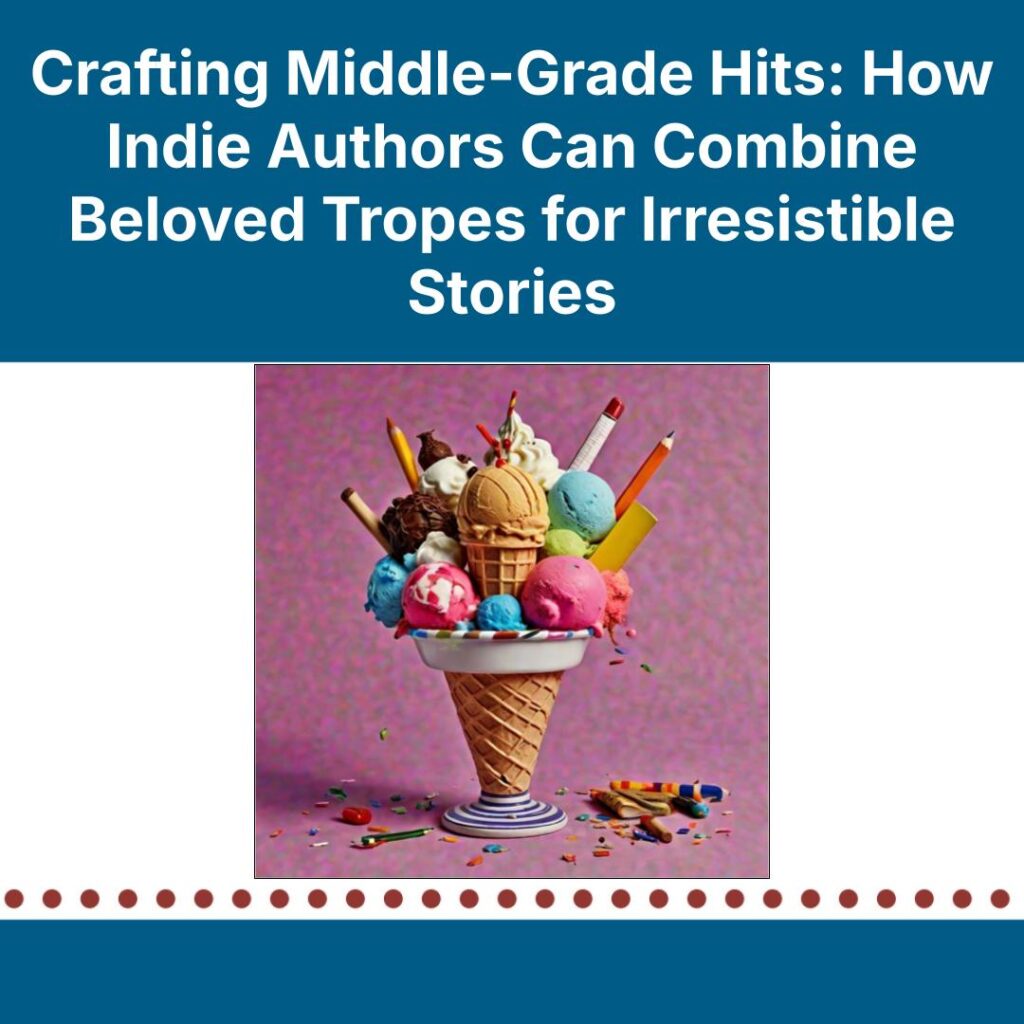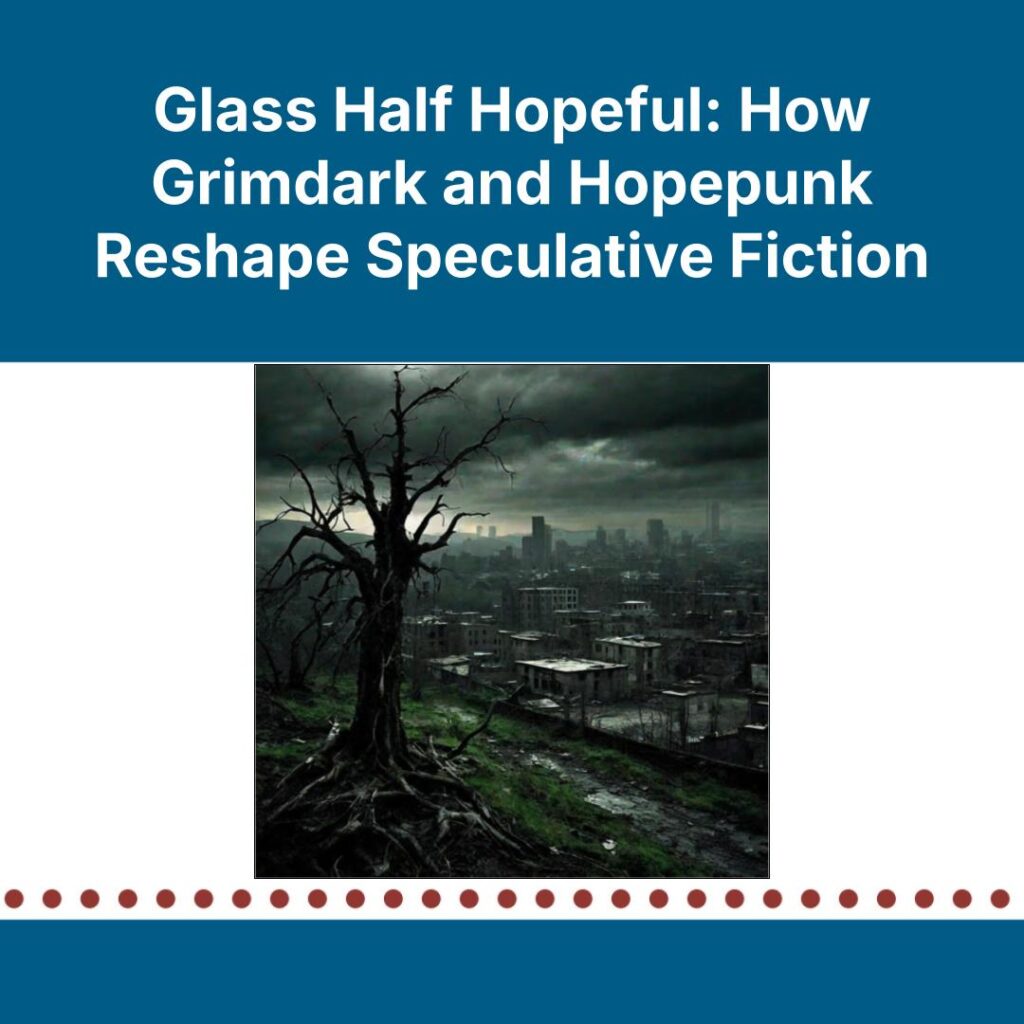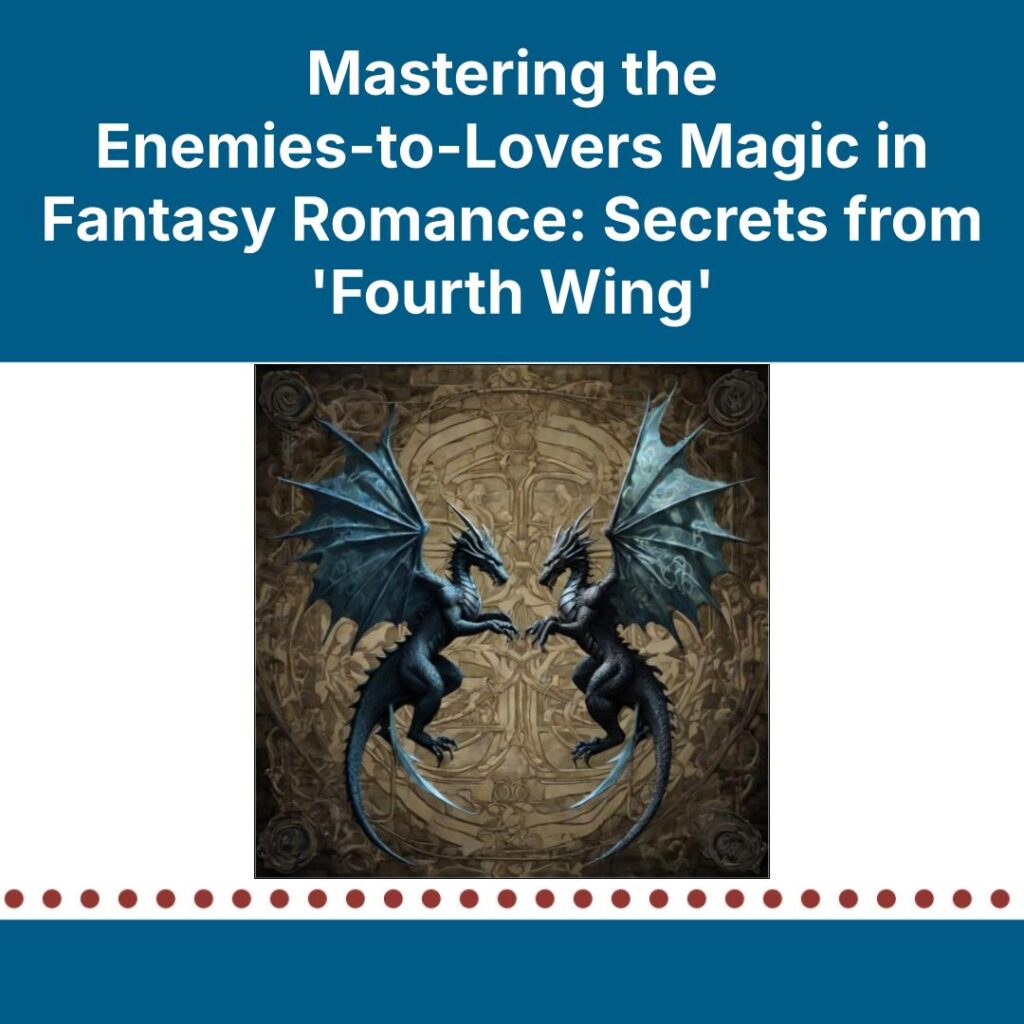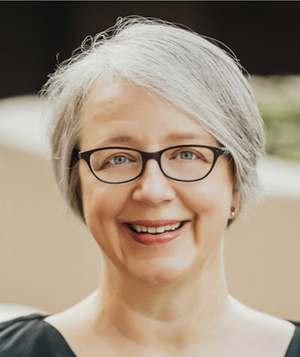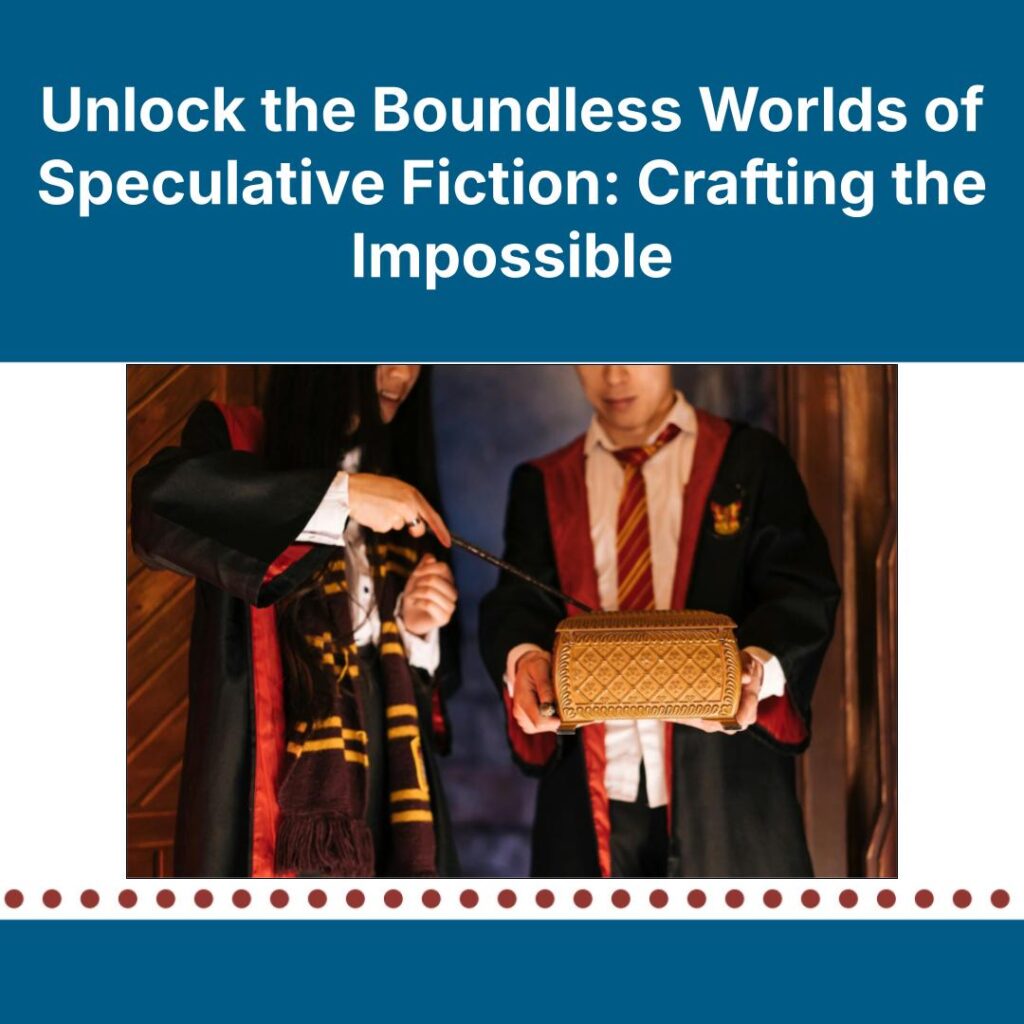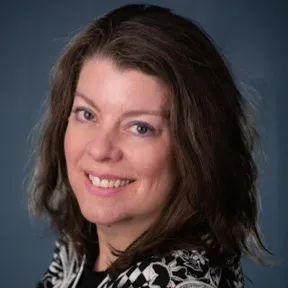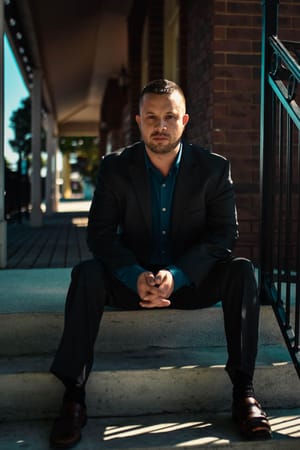A Quick Genre Breakdown
The easiest definition of Paranormal Women’s Fiction, or PWF as it’s often referred to, is women’s fiction with paranormal elements. More specifically, PWF is action-packed fiction under the fantasy umbrella written for and about women in the middle of their lives.
According to florasmusings.com, the genre is defined as “the new genre of paranormal romance (PNR), urban fantasy and paranormal cosy mystery stories where the female protagonists are Generation X,” which seems to be a great starting point. A few solid examples from mainstream media might include the movies Practical Magic, The Witches of Eastwick, or even Hocus Pocus to some degree. And while all three of those examples are heavy on the standard “witch” trope, PWF stories are full of all varieties of paranormal and fantasy character types.
The Interesting History behind the Genre
If you are reading this and thinking, “I’ve never heard of PWF before,” you are not alone. PWF is a relatively new subgenre. The PWF subgenre was essentially created just two short years ago because of the combined push of thirteen authors who’d either already been writing in the yet-to-be-defined genre or who wanted to write older characters but didn’t know how to categorize those stories. These authors have been affectionately dubbed “The Fab 13.”
In early 2020, at the height of the pandemic, those thirteen women combined their knowledge and names to highlight a brand new subgenre with a targeted set of releases.
Those thirteen books shared some very smart marketing using coordinated imagery, title keywords like “midlife,” and even Gen X-familiar word play. They also created a brand with their own logo, Facebook group, and website, https://.paranormalwomensfiction.com.
It’s not every day that the book world has the opportunity to watch the birth of a subgenre in real time. Nor do we often see authors initiating marketplace evolution by identifying trends and pooling their efforts.
How PWF Sets Itself Apart
Of course, plenty of stories have female protagonists in their forties. Plenty of mysteries even include paranormal elements and older characters. But until PWF began the process of defining itself, no category specifically existed for stories of magic and mystery with strong, competent, mature female protagonists dealing with exciting plots and real-life issues.
The local necromancer’s teenage daughter just left for college, but she also has to stop an evil madman. The vegan vampire is in the middle of a divorce just before a mysterious magical event takes over her town. PWF makes it clear that even vampires and practitioners of the dark arts can experience tough times. Other examples of themes in PWF might include:
- grief over the death of a romantic partner or family member
- menopause
- health scares
- female friendships into adulthood
- dating after divorce
- raising children or teenagers
- relocation
- career change
- caring for elderly parents
Some of the above plot points might also be familiar in a genre like women’s fiction, but the key is that these are fast-paced magical or paranormal stories more closely related to Urban Fantasy.
Resources for Writing PWF
If you’ve read this article and now think that Paranormal Women’s Fiction might be relatable or a subgenre you’d like to try your hand at, more information is available—though maybe not to the extent that you can find in other subgenres.
For paid resources, the K-lytics report about PWF was updated in March 2022. You can find more about that here: https://k-lytics.com/paranormal-womens-fiction.
On the no cost side, the PWF Facebook group is chock full of information, including guides and a guest author submission form. With a quick search, you can find several additional Facebook groups dedicated to this new subgenre for both readers and authors.
Currently, there is an active twitter thread at #paranormalwomensfiction, and Amazon has a public PWF book club (US only) and a FAB13 list.
What started as thirteen new releases has grown to include huge lists on Goodreads and targeted Amazon searches with enough magical material to keep you reading for years.
Now all you have to decide is if this developing genre has piqued your interest enough to research further, either as a reader or a writer.

